盖尔·拉夫特:民主不是美国专利,中美应打一场民主“选美比赛”
导读:12月4日至5日,“民主:全人类共同价值”国际论在北京举行。来自70余个国家和地区的前政要、政府部门代表、国际组织的重要代表、智库专家学者以及媒体代表等通过线上线下展开对话。 本文系美国全球安全研究所联席所长盖尔·拉夫特的英文演讲。观察者网已获作者授权翻译。
【文/盖尔·拉夫特 译/观察者网 宁栎】
本月,美国总统拜登将在华盛顿举行一次重要论坛,号称“民主峰会”,邀请了110个参与者。
美国把推广民主当做外交政策的“常规节目”,已经有100多年历史了。威尔逊带领美国参加一战的理由是“在全球保卫民主”。里根宣称,“民主值得为之牺牲,因为这是人类设计出来的最美好的制度。”这意味着把不民主制度下的民众解放出来是个神圣使命。小布什也赞成这理念,推动了他所谓的“自由议程”。他想在中东推广民主,结果付出了巨大的生命和金钱代价。特朗普执政的四年里,美国政府对“推广民主”的痴迷有所减弱。拜登上台后,又把推广民主摆到了美国外交政策的中心。
拜登把世界划分成两大阵营。世界上一半国家被美国认定为达到民主标准,被邀请参加“民主峰会”,而美国认为没达到标准的国家则被认为不够格参会。美国自认为是民主的拥护者,有资格对其它国家按照西方标准打分。比如,土耳其、匈牙利、新加坡、塞尔维亚等,尽管有定期民主选举,但仍然没被邀请。而印度、波兰、巴基斯坦、菲律宾,按照多种标准来看,民主表现和人权状况都要差很多,却得到邀请,仅仅因为它们在美国的地缘政治中有利用价值。
从历史上看,美国只有在符合其利益时,才会支持民主。

12月4日,“民主:全人类共同价值”国际论坛在北京开幕。
20世纪50年代的伊朗首相摩萨台、70年代的智利总统阿连德、21世纪以后的巴西总统卢拉,委内瑞拉总统查韦斯、土耳其总统埃尔多安,都是通过选举上台执政的,至于这些领导人执政是对民众有利还是有害那是另一个问题。但是,美国不会因选举就承认他们是合法领导人,而是主动出击、用尽手段来推翻他们,扶持更亲美的人。
另一方面,即便是残酷的独裁者,只要符合美国利益,美国绝对会支持甚至武装他。在两伊战争中,美国支持了萨达姆;为了稳定石油价格美国支持了沙特王室;美国还支持过尼加拉瓜的索摩查、菲律宾的马科斯、刚果的蒙博托、智利的皮诺切特、伊朗的巴列维、巴基斯坦的齐亚·哈克、韩国的李承晚、印尼的苏哈托。目的只有一个,阻止这些国家倒向苏联。
民主是最好的制度,但前提是民主产生的政权必须对美国友好。
当代正经历国际体系剧变,很多传统包括民主制度的优越性正在被挑战。古希腊哲学家亚里斯多德用“因”来研究各种事物的本质。种子的“因”是要长成树木。国家的“因”是要保卫民主抵御外敌,同时协调民众内部的关系,要维持社会的运转,让每个人不仅有机会获得基本生存条件,还能获得提升和实现梦想的机会。
几代人来,民主成为一种信念,即民主是一种所有国家应该追求的卓越制度。在《历史的终结》中,福山提出西方自由民主制度的普世化,是人类意识形态的终点。或者用丘吉尔的话说,“民主是最不坏的制度,因为其它任何一种制度都更坏。”通过媒体、学术界和政客的影响,这种教条已经被灌输进几百万小学生和年轻人心中。

现在出现了新冠疫情。这次疫情在人类历史上一次黑天鹅事件。国家出现以来,就经历了各种毁灭性事件,战争、自然灾害、恐怖主义等,这是人类历史的组成部分。但新冠疫情是民族国家出现以来,所有国家第一次在同一时间面对同一挑战。每个国家每个人都要应对同一挑战,这个”小小”的微生物病毒。每个国家根据其文化、民族性格、政治体制和经济条件,采取了不同的策略。比如中国,采取了动态清零策略;还有一些国家完全开放经济和边境;还有些国家在两者之间摇摆。有些国家采取限制旅行、强制注射疫苗、强制戴口罩的政策,而另一些国家没有。这种情况让我们有机会做一些此前不能做的事情,就是去比较不同社会和政府形式如何应对同样的挑战。
我们还能用经验数据来检验政策,比如感染数字,死亡数字,对经济增长、家庭债务、精神问题、社会团结的影响等。如果用保护民众的标准来评价政府,那么自由民主制度是低效的。民主制度在应对疫情上,表现非常糟糕。
按照每百万人统计,死亡率最高的100个国家或地区中,85个被拜登邀请参加峰会。民主不仅不能保卫民众,还以民主和自由的名义开放边境,不断输入病毒,因为他们认为国际旅行比保护民众更重要。
当然,抗疫表现只是评价民主有效性的标准之一。当然还有很多其它标准,但没有更具实证性、比较性。民主可能更能保护民众的言论、结社自由,还有其他攸关幸福的权利,但是在保护生命上,还有很大提升空间。当然,我们还可以看看其他领域,比如毒品成瘾、犯罪、流浪、抑郁、自杀、监禁数字等。但新冠疫情给我们一个结论了。
如果把这看成一场“选美比赛”,我们就需要找到更多衡量标准,而不是落在民主和威权二选一的困境中。我们不要去美国的峰会接受那套西方制定的标准,而是要创立自己的峰会,建立全新的人类发展标准——幸福、机会、期望未来,和华盛顿比一比。
我们需要承认民主很多面,威权制度也是。不是所有民主制度都能服务民众,也不是所有威权制度都不能服务民众。我们需要承认没有放之四海而皆准的制度。每个社会都需要找到适合其文化、历史、价值观的最好制度,同时理解个人在社会中的角色。谁来选择呢?是民众,而不是什么“当代帝国”。
中国和西方阵营目前出现带意识形态色彩的竞争。我想解释下西方的性质,美国不只是一个国家,还是一种理念。美国代表的这种理念在19世纪中叶发展成熟,有三个因素:一、所有人生而平等,二、拥有不可剥夺的权利,三、有追求和享受权利的机会。为保证这些因素而产生了“民有民治民享的政府”。从那时起,民族、性别、种族、宗教的障碍逐渐消除,西方社会变得多元。
但现在欧洲和美国都在赎罪,在赔偿过去的罪恶,美国是奴隶主义,欧洲是殖民主义。结果是放弃了西方的核心价值观,来换取多元主义、身份认同政治、全球化,以及迅速兴起的新宗教——“一种新的异教”——歇斯底里的气候保护主义、反对传统家庭价值观、取消文化(cancel culture)、过分关注性别认同、痴迷于自我满足。在很多人看来,这就是民主。在我看来,这不过是文化无政府主义和历史失忆症。
与此同时,在西方民主国家沉迷时,非民主国家已经意识到只有避免西方国家的错误,才能找到适合的有代表性的政府,适合本国的人民,而不是布鲁塞尔或华盛顿的口味。
美国宪法是一部了不起的文献。我印象最深的是开头表现的人道主义:“我们人民为了建立更好的联盟…”,这里用了“更好的联盟”,而不是“好的联盟”,这说明宪法精神也承认民主不是完美的。民主能不断改进和自我纠错,但永远达不到完美。民主是这样,其它政治制度也是一样的。
(作者是美国全球安全研究所联席所长,本文原文系作者在“民主:全人类共同价值”国际论坛的英文演讲,中文翻译经作者授权发布。)
翻页为英文原文
On Democracy
This month US president Joe Biden will host an important virtual forum in Washington called the Summit for Democracy to which 110 countries have been invited. Promotion of democracy has been a fixture of US foreign policy for more than a century. Woodrow Wilson took America to WWI in order to “make the world safe for democracy.” Ronald Reagan said that “democracy is worth dying for because it is the most honorable form of government ever devised by man,” which implies that it is a divine mission to liberate people in non-democratic countries. George W. Bush built on this idea, pushing what he called “Freedom Agenda.” He tried to democratize the Middle East and Afghanistan at a huge cost of blood and money. After four years of relative withdrawal from the democracy obsession under Trump, Biden has again brought the idea of spreading democracy to the center of US foreign policy.
The Biden administration has effectively divided the world into two halves. Roughly half of the world’s countries were designated as democracies and were invited to his summit, while the other half were found insufficiently democratic to merit an invitation. Indeed, Washington appointed itself to be the appraiser of democracy, and the grader of other countries according to western yardsticks. For example, Turkey, Hungary, Singapore, Serbia and other countries where democratic elections are held regularly were not invited. But India, Poland, Pakistan and the Philippines which according to different rankings fare worse, and where human rights abuses occur, were invited, in part because they serve Washington’s geopolitical agenda.
History shows that Washington’s commitment to democracy goes only as far as its interests allow.
Mohammad Mosaddegh, Iran prime minister in the 1950s, Salvaotre Allende the president of Chile in the 1970s, Lula de Silva, president of Brazil in the 2000s, Hugo Chavez, president of Venezuela, Viktor Yanukovych president of Ukraine, and Tayip Erdogan president of Turkey were all democratically elected – whether for the benefit or detriment of their people is an entirely separate question. But their election was insufficient for Washington to accept them as legitimate leaders, and the US took active measures to replace them with more US-friendly leaders. On the other hand, Washington had no problem engaging and even arming ruthless dictators when it suited its interests. It supported Saddam Hussein in his war against Iran; it cozied up to the House of Saud to ensure oil price stability; it supported, Anastasio Somoza (Nicaragua), Ferdinand Marcos (Philippines), Mobutu Sese Seko (Congo), Augusto Pinochet (Chile), Mohammad Reza Pahlavi (the former shah of Iran), Mohammed Zia ul-Haq (Pakistan), Syngman Rhee (South Korea) and Suharto (Indonesia) – just to prevent them from falling on the side of the Soviets.
Democracy, it seems, is the best form of government as long as it is governed by US-friendly regimes.
We are living in an era of great changes in the international system and many of our conventions, including the superiority of the democratic system, are being tested. The Greek philosopher Aristotle used the term telos as a way to inquire into the grand objective of everything in nature. The telos of a seed is to grow a tree. The telos of the state is first and foremost to defend its people from external enemies but also from each other, and to enable the conditions for a society to function, giving individuals not only the basic conditions to survive but also the opportunity to elevate themselves and fulfil their dreams.
For generations, it has become an article of faith that democracy is the one superior form of government which all nations and cultures must aspire to. In his book The End of History Francis Fukuyama argued that the universalization of Western liberal democracy is the end-point of mankind’s ideological evolution. Or in the words of Winston Churchill, “democracy is the worst form of government – except for all the others that have been tried.” This dogma has been inculcated in the brains of millions of schoolchildren and students through the media, academia and politicians.
Then came Covid-19. The current pandemic is a unique event in human history. It is not the first time countries are called to deal with disruptive events. Wars, natural disasters, terrorism, etc. have always been part of the human experience. But Covid-19 is the first time since the establishment of the nation state that all countries of the world are facing the exact same challenge at the exact same time. Each and every one has to deal with the exact same opponent – a tiny virus – at the exact same time. Each country adopted a different strategy to deal with the challenge based on its culture, national character, political system and economic conditions. Some, like China, opted for zero infection policy. Others completely opened their economies and borders. While others have hybridized and zigzagged between the two approaches. Some impose limits on movement, force vaccinations and mandate masks. Others not. All of this enables us to do something we could not have done till now – to compare how different societies and forms of government cope with a similar situation.
We can also measure with empirical data the impact of our policies. How many got sick? How many died? What was the impact on growth, household debt, mental health, level of social cohesion, etc.If one is to judge by the axiom that the role of government is to protect its people, the evidence is that liberal democracies have been ineffective in protecting their people. Democracies were among the worst performers in dealing with the pandemic.
Of the top 100 countries with the highest death rate per 1,000,000 people, 85 are the very same democracies invited to Biden’s Summit for Democracy. Of the more than 5 million people who died from Covid-19 more than 80 percent lived in democracies. Not only did democracies fail to defend their people, in the name of democracy and freedom they left their borders open, importing the virus, as they valued continuous international travel more highly than protecting their population.
Of course, Covid-19 performance is only one metric to judge the efficacy of democracy. There are many others which one can look at but none is as empirical and comparative. Democracy may be a better system in ensuring people’s right of expression, organization, and other elements of life which can contribute to happiness, but when it comes to ensuring life itself it left much to be desired. Of course, we can test other variables: drug addiction, crime, homelessness, depression, suicide, incarceration, etc. But the Covid stress test should give us all a pause.
If we are indeed in a “beauty contest,” let’s develop metrics and mechanisms to compare state performance rather than falling into simplistic binary choices between democracy and authoritarianism.
Instead of going to the Washington summit to test against a set of metrics dictated by the west, let’s join in a summit to define a new set of human development metrics - happiness, opportunity, optimism about the future – and test against them.
We must accept that just like democracy comes in various shades of gray so does authoritarianism. Not all democracies work for their people, and not all authoritarian regimes fail their people. We must also accept that there is no one-size-fits-all form of government. Each society is best suited to determine its best form of government based on its own unique culture, history, values and understanding of the role of the individual in society. Who decides? The people, not the empire du jour.
As China and the collective west are now in a strategic rivalry that is to some extent ideological, I want to make a point about the state of the West. America is not only a country. It’s an idea. The American idea, which developed in the middle of the 19th century, comprised three elements: that all people are created equal, that all possess unalienable rights, and that all should have the opportunity to develop and enjoy those rights. Securing those three elements required “a government of all the people, by all the people, for all the people.” Over time, racial, gender, ethnic and religious barriers were eroded and the western society became more pluralistic.
But now both Europe and America are in the process of over-compensation. Their need to repent for past sins – slavery in the case of America and colonialism in the case of Europeans – result in the abandonment of their core culture in exchange for the elusive vision of multiculturalism, identity politics, globalization and the rise of the world’s fastest growing religion – “new-paganism” – the amalgamation of climate hysteria, rejection of traditional family values, cancel culture, preoccupation with sexual identity, and obsession with self-gratification.
For many, this is what democracy is all about. For me it seems more like cultural anarchy and historical amnesia.
At the same time, while western democracy is confused and in search of a way, non-democratic countries increasingly realize that instead of emulating the mistakes of the west they must craft their own style of representative government, one that suits them – not the people in Brussels and Washington.
The constitution of the United States is a fascinating document. But what appealed to me the most in it is the humility expressed by its first line: “We the people of the United States, in order to form a more perfect Union…” By using the term “a more perfect union,” rather than “a perfect union” the constitution acknowledges that democracy does not lend itself to perfection. It has an inherent capacity to improve and self-correct, but it can never reach perfection. All one can do and should do is to strive for improvement. It is true for democracies, but it is no less true for all other forms of government.
(Dr. Gal Luft is co-director of the Institute for the Analysis of Global Security. Above is the full transcript of Dr. Gal Luft’s speech for the International Forum on Democracy: the Shared Human Values” held in Beijing on December 4-5.)
本文系观察者网独家稿件,文章内容纯属作者个人观点,不代表平台观点,未经授权,不得转载,否则将追究法律责任。关注观察者网微信guanchacn,每日阅读趣味文章。




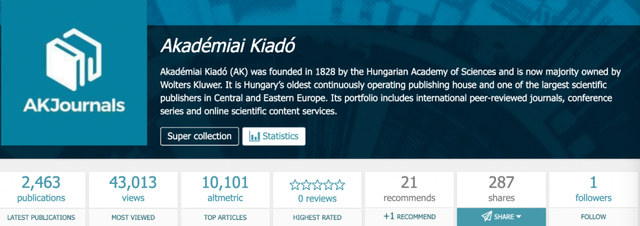
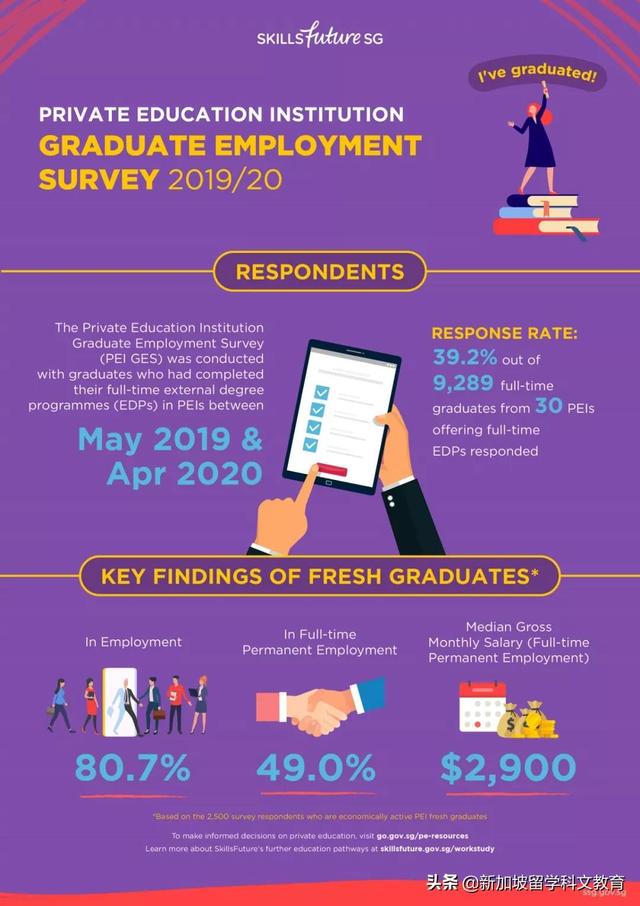

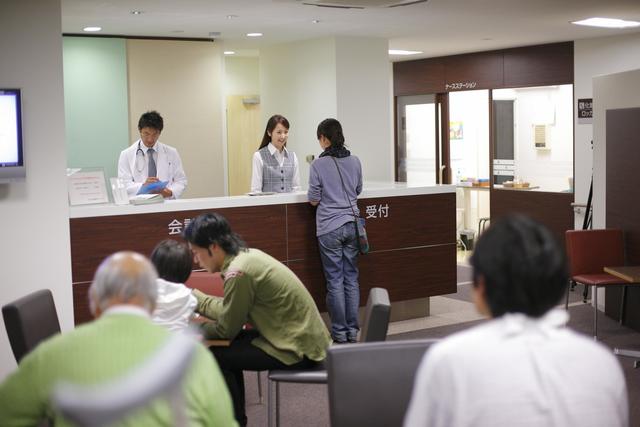
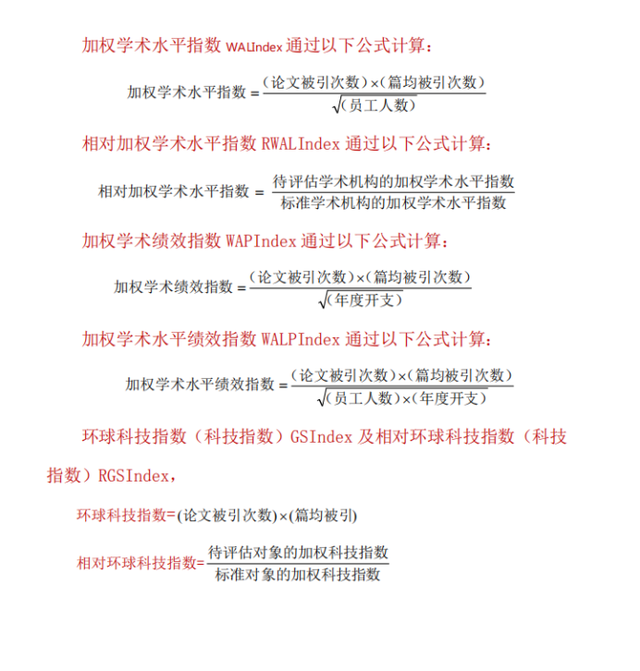
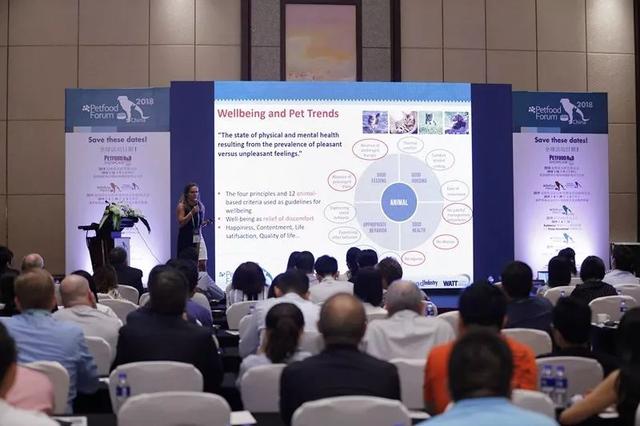
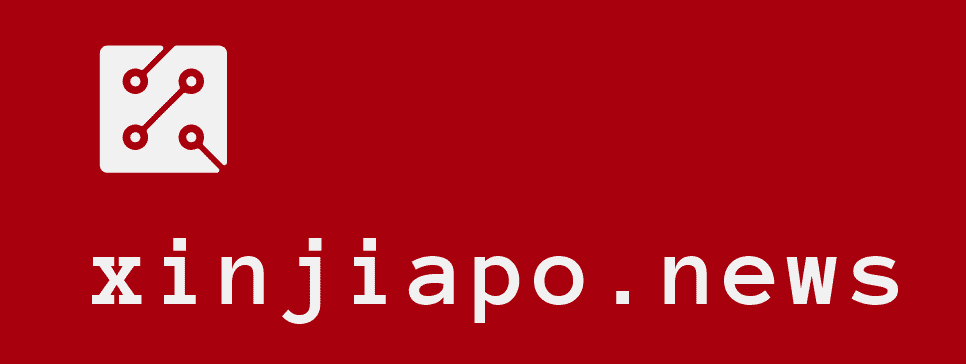











评论